TNPSC Books
-
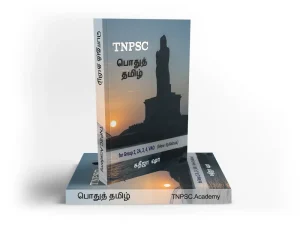 TNPSC பொதுத் தமிழ் Book - for Group 2, 2A, 3, 4 & VAO
TNPSC பொதுத் தமிழ் Book - for Group 2, 2A, 3, 4 & VAO
₹1,000.00Original price was: ₹1,000.00.₹850.00Current price is: ₹850.00. -
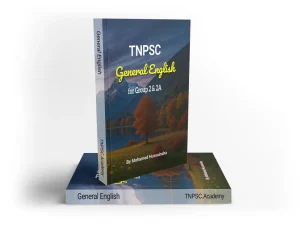 TNPSC General English Book - for Group 2 & 2A
Rated 5.00 out of 5
TNPSC General English Book - for Group 2 & 2A
Rated 5.00 out of 5₹1,000.00Original price was: ₹1,000.00.₹850.00Current price is: ₹850.00.
Group 1 Courses
Group 1 | Postal and Online Test Series | 2022
₹3,200.00Original price was: ₹3,200.00.₹2,800.00Current price is: ₹2,800.00. 88TNPSC Group 1 - Test Series - 2019
4.7₹3,500.00Original price was: ₹3,500.00.₹2,800.00Current price is: ₹2,800.00. 542
Group 2 & 2A Courses
TNPSC Group 2 and 2A - Test Series - 2019
₹2,400.00Original price was: ₹2,400.00.₹1,800.00Current price is: ₹1,800.00. 527TNPSC Group 2 and 2A - Test Series - 2019 - தமிழ்
₹2,400.00Original price was: ₹2,400.00.₹1,800.00Current price is: ₹1,800.00. 175
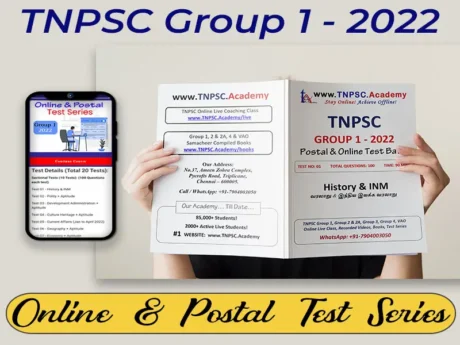
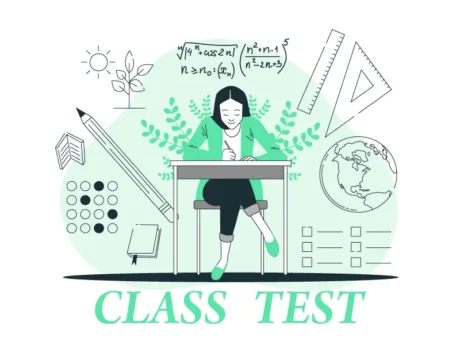
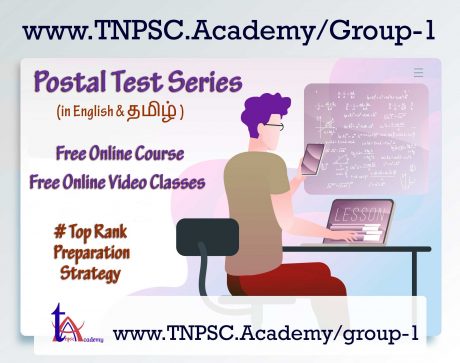
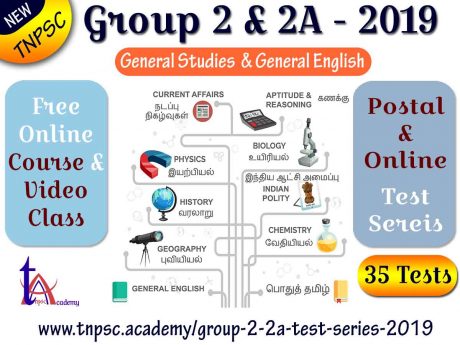
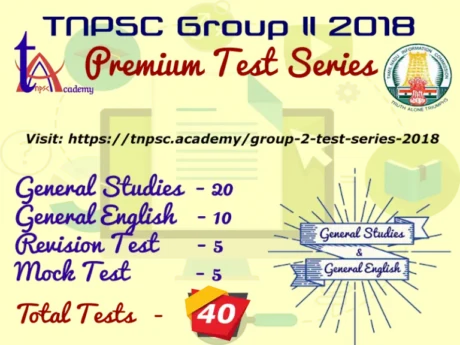
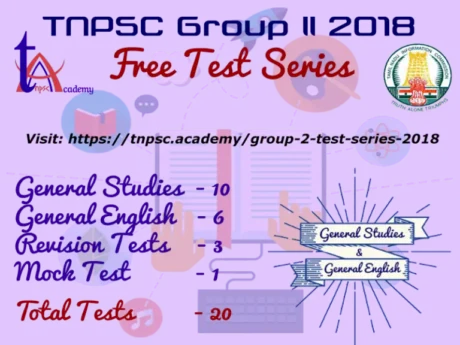
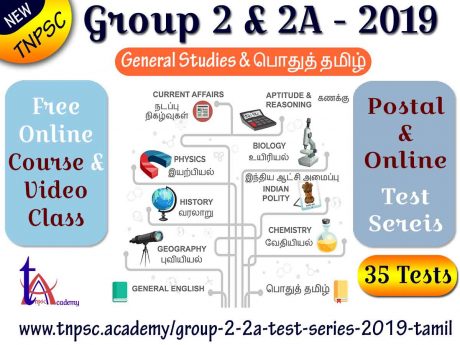
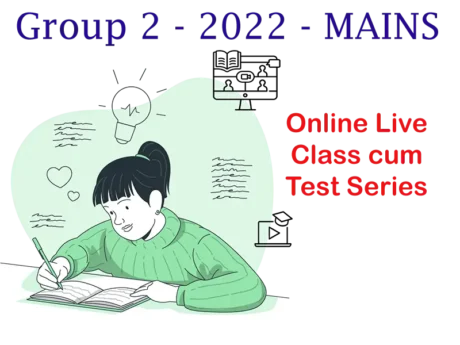
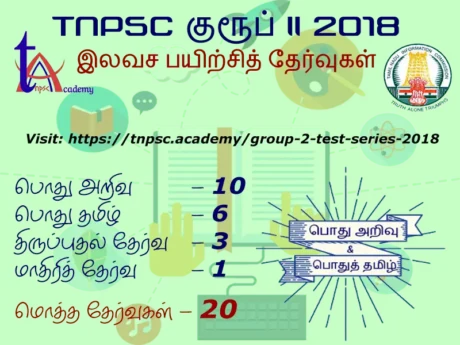
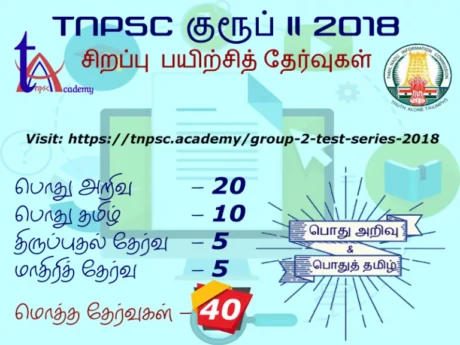
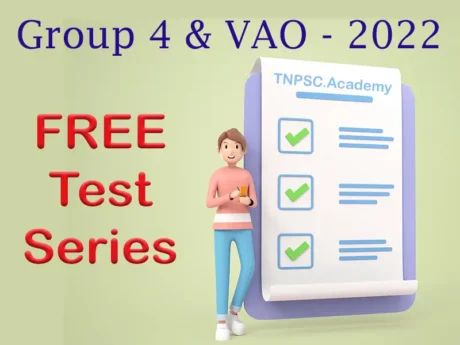
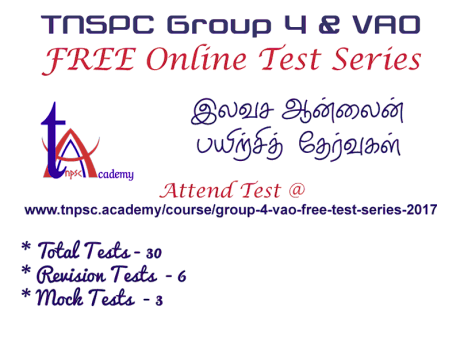
A collocation is made up of two or more words that are commonly used together in English. Collocations are words that usually go together.
eg: Take the phrase Fast Food.
Fast is an adjective/adverb and food is a noun. Fast has lots of synonyms, including quick and speedy. Yet, saying quick food or speedy food sounds wrong, doesn’t it?
Food also has synonyms such as sustenance or fare. Again saying fast fare or fast sustenance doesn’t sound correct. This is precisely what is meant by a collocation.
Collocations are made up of adverbs, adjectives, nouns, prepositions and verbs. Types of Collocations are given below.
1) Adverb + adjective collocations:
2) Adjective + noun collocations
3) Noun + noun collocations
4) Verb + noun collocations
5) Verb + preposition collocations
Note: 1. The Phrasal Verbs (Verb + Preposition or Adverb – with a special meaning) is a sub-type of Verb Collocations. 2. Idiomatic Expressions too comes under Collocations eg: Hit the books (study hard).
General English Book
TNPSC Group 2 & 2A - Buy Now!
Online Class + Books + Tests
More Details
List of Some Common Collocations
General English Book
TNPSC Group 2 & 2A - Buy Now!
Online Class + Books + Tests
More Details